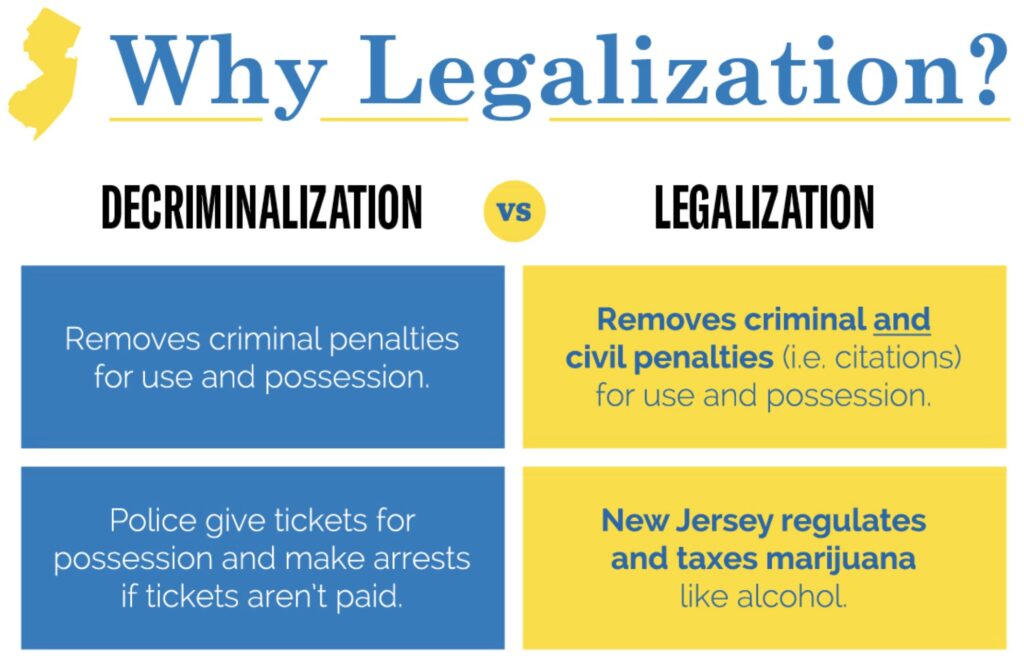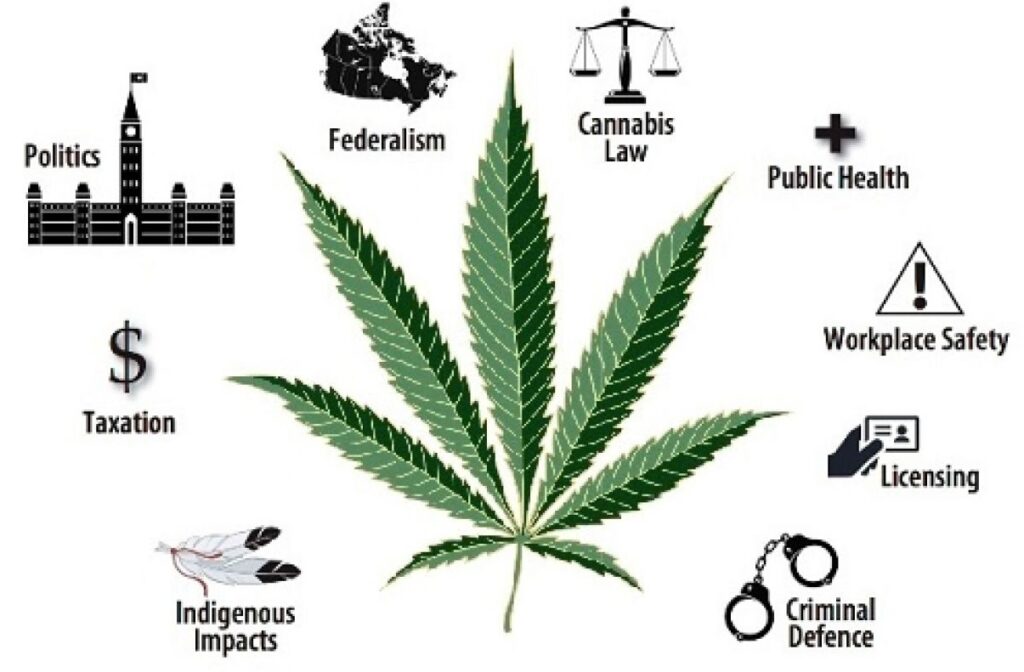Marijuana Legalization Facts: Dispelling Myths and Providing Insights
Marijuana legalization facts have been a significant debate and discussion topic in recent years. With changing attitudes and shifting laws, it is essential to separate fact from fiction when understanding the implications of marijuana legalization. In this blog, we will delve into the facts surrounding marijuana legalization, dispel common myths, and provide insights into the impacts of this policy change. Let’s explore the truth about marijuana legalization facts and better understand its effects on individuals and society.
The Difference Between Legalization and Decriminalization

Before diving into the facts about marijuana legalization, it is crucial to understand the distinction between legalization and decriminalization. Legalization refers to removing all legal prohibitions on the possession, use, and sale of marijuana. On the other hand, decriminalization involves reducing or eliminating criminal penalties for possessing small amounts of marijuana while maintaining certain restrictions and regulations.
The Economic Impact of Legalization
One of the significant benefits of marijuana legalization is the potential economic impact it can have. Legalizing marijuana creates a regulated market that generates tax revenue and stimulates economic growth. Legalization also provides opportunities for job creation in the cannabis industry, including cultivation, processing, distribution, and retail. Several states that have legalized marijuana have seen a positive economic boost.
Health and Safety Considerations

Contrary to popular misconceptions, marijuana legalization facts do not necessarily lead to increased overall drug use. Research has shown that legalizing marijuana for recreational use has not led to a surge in cannabis consumption or the use of other illicit substances. However, responsible regulation and education programs are essential to promote safe use, minimize potential health risks, and discourage use among vulnerable populations such as minors and pregnant women.
The Impact on Criminal Justice

One of the main arguments for marijuana legalization is its potential to alleviate the burden on the criminal justice system. Before legalization, marijuana-related offenses accounted for a significant portion of drug-related arrests. Legalization can redirect law enforcement resources toward more serious crimes, reduce the number of individuals with criminal records for minor marijuana offenses, and potentially address racial disparities in drug law enforcement.
Taxation and Regulation
Legalizing marijuana allows for the implementation of taxation and regulation systems, which can generate substantial tax revenue for governments. These tax revenues can be directed towards various initiatives, including education, healthcare, substance abuse prevention and treatment programs, and infrastructure development. Moreover, regulation ensures product quality control, age restrictions, and responsible marketing practices.
Medical Benefits and Research

Marijuana has potential medical benefits in treating chronic pain, epilepsy, multiple sclerosis, and chemotherapy-related nausea. Legalization provides opportunities for scientific research, clinical trials, and the development of cannabis-derived medications. However, it is essential to distinguish between medical marijuana and recreational use, as the two have different purposes and regulations.
Public Opinion and Future Trends
Public opinion on marijuana legalization has been shifting over the years, with increasing support for legalizing medical and recreational use. This trend will likely continue as more states and countries move towards legalization. Future developments may include further research into the long-term effects of marijuana use, continued exploration of its medical potential, and discussions around regulating cannabis-infused products and edibles.
Ref: Wikipedia
Conclusion
In conclusion, understanding the facts surrounding marijuana legalization is crucial for informed discussions and decision-making. Dispelling common myths and gaining insights into the impacts of legalization can help shape effective policies and regulations. Legalization has the potential to generate economic benefits, address criminal justice issues, provide medical benefits, and contribute to public health and safety. By staying informed and promoting responsible use, we can navigate the path of marijuana legalization with clarity and awareness.

